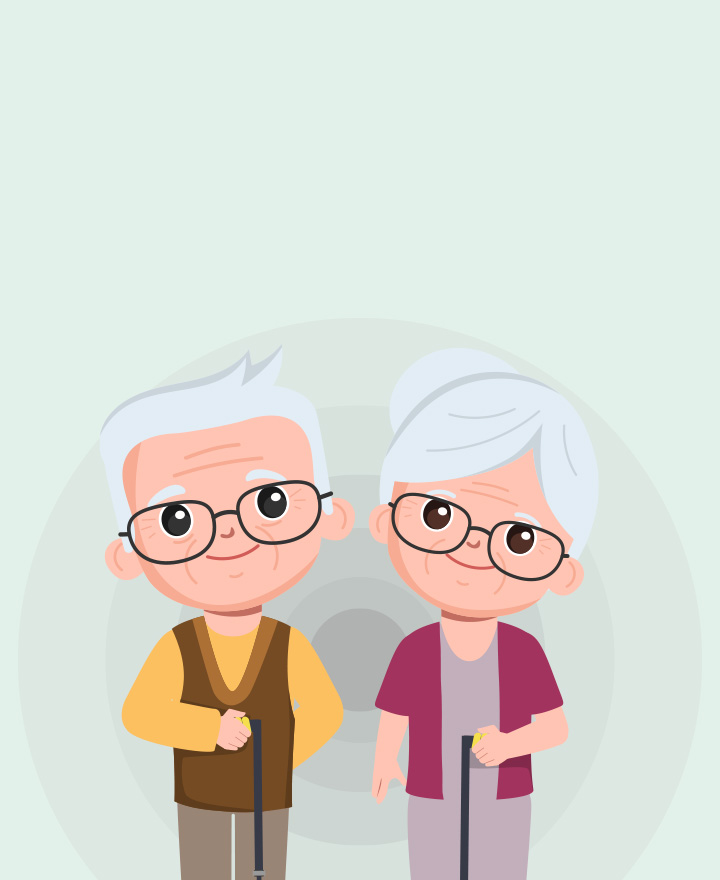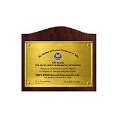

Growing Old is Inevitable, Knowing What it Brings is Important
When we are kids or teenagers, we can’t wait to grow up and take control of our lives. We get the autonomy to make personal and professional decisions. But growing up also means that stress and tensions become part of your life. With each passing year, your body begins to give you signs of change. Despite your best efforts, you stop feeling as strong as you felt in your youth. Ageing is not just wrinkles and graying hair. It affects everything from your teeth and heart to your sexuality. Unlike Dorian Gray, you can’t prevent ageing, but what you can do is be aware of the age related changes and adopt a lifestyle that leads to good health at any age.
Let’s take a look at some of the age related changes
1. Your Heart Works Harder
Age hurts your heart. The chances of a senior citizen being at risk of heart diseases are way more than a person half his age. This happens because the oxygen-rich blood struggles more to reach your heart. When we don’t follow a healthy lifestyle or stop being active, plaque builds up in the coronary arteries and the blood flow to heart muscles is reduced. Also, since the heart is a muscle, it can weaken over a period of time and finds it difficult to adjust when the workload increases. All these changes escalate the risk of high blood pressure (hypertension) and other cardiovascular problems. Stay active to keep your heart healthy.
2. Your Skin Feels Different
With age, your skin becomes thinner and less elastic. The fatty tissue beneath the skin decreases. And since it also becomes more fragile, older people bruise more easily. If you notice drier skin, it is because of the reduced production of natural oils. Ageing gracefully requires you to embrace the wrinkles instead of finding surgical solutions to hide them. Sweat more to stay slim and use creams.Wear glares and protective clothing when stepping outside. Indulging in warm water baths can also help keep skin healthy.
3. You Find It Harder to See and Hear
Difficulty in focusing on objects is age related change. You may become more sensitive to glare and struggle to adapt to different levels of light. Ageing affects your eye's lens and causes clouded vision better known as cataracts. Similarly, the hearing power might diminish with the person facing difficulty in hearing high or low or mixed decibels. Wearing sunglasses and earplugs can help when light or sound becomes too much to handle.
4. Your Teeth and Gums Change
Long-term mismanagement of dental health can cause chronic gum inflammation aka gingivitis (bleeding gums). Also, medications for the treatment of allergies, asthma, high BP, and high cholesterol, can result in dry mouth and subsequently make teeth and gums more vulnerable to decay and infection. Brushing twice a day and flossing once is the way to go.
5. Your Bones Become More Brittle
Bones have a tendency to shrink in size with age. Their density weakens and they become more susceptible to fracture. You may have noticed that senior citizens become a bit shorter. Also, fluid and cartilage that lines the joints can wear away. The chances of developing arthritis also go up substantially. A good amount of Calcium and Vitamin D can help keep bones healthy.
6. Going to the Bathroom
While old people may complain more of constipation because of structural changes in the intestines, they may also require more bathroom breaks as the bladder becomes less elastic with age. Weakening of bladder and pelvic floor muscles causes difficulty in emptying the bladder or loss of bladder control. A little or more leakage while coughing, sneezing, or before reaching the washroom is embarrassing. For women, menopause and for men enlarged prostate, can be a factor. Avoid consuming alcohol and aerated drinks and drink more water. Kegel exercises make pelvic muscles strong and eating high-fiber food can relieve constipation.
7. It’s Harder Getting Around or Staying Strong
And not just bones, even the muscles lose their endurance and flexibility. All these factors culminate to hamper coordination, stability, and balance. Losing muscle mass leads to weakness and reduced activity. Cut down on your consumption of sugar and start lifting weights to strengthen those muscles.
Conclusion
Age also affects your emotional and mental health. It is best to accept the age related changes as something as natural as ageing. And there are always some simple steps that you can follow to lessen its impact. Consuming a balanced diet, quitting smoking, following a fitness regime, and getting a good night’s sleep will keep you healthy even when you age. What’s more? you will garner compliments for looking much younger.
Disclaimer: This blog provides general information and discussions about health and related subjects. The information and other content provided in this blog, website or in any linked materials are not intended and should not be considered, or used as a substitute for, medical advice, diagnosis or treatment. Kindly contact your Doctor before starting a new medicine or health regime.
Related Articles
How to Remain Healthy as You Age - Tips for a Healthy Lifestyle
10 Health Tips for Better Aging with Ayurveda
Age Well and Age Healthy: Here are Your Indicators
Published on April 25, 2022
























 Health Insurance
Health Insurance  Travel Insurance
Travel Insurance  Car Insurance
Car Insurance  Cyber Insurance
Cyber Insurance  Critical Illness Insurance
Critical Illness Insurance
 Pet Insurance
Pet Insurance
 Bike/Two Wheeler Insurance
Bike/Two Wheeler Insurance  Home Insurance
Home Insurance  Third Party Vehicle Ins.
Third Party Vehicle Ins.  Tractor Insurance
Tractor Insurance  Goods Carrying Vehicle Ins.
Goods Carrying Vehicle Ins.  Passenger Carrying Vehicle Ins.
Passenger Carrying Vehicle Ins.  Compulsory Personal Accident Insurance
Compulsory Personal Accident Insurance  Travel Insurance
Travel Insurance  Rural
Rural